In a previous Focus on Talent article, we spoke about the value of entry and stay interviews as key elements in improving employee engagement and retention. However, there is one more type of employee interview that can offer important insights to you as an employer: the exit interview. Employees move on from their current organization for a multitude of reasons, and making the time to talk to them about their experience with your company can provide valuable information about what’s working well within your organization and what may need adjustment.
There are four key steps to getting the most of an exit interview, as discussed in this 2021 LinkedIn Talent Blog article:
-
Conduct the interview as soon as possible. Don’t wait until an employee’s last week of work to conduct an exit interview. By speaking with them shortly after they submit their resignation, you’ll be able to get clearer answers about why they’re choosing to leave now.
-
If possible, have someone other than a direct supervisor conduct the interview. An exiting employee may not feel comfortable giving honest feedback to their supervisor, so having another member of management conduct the interview can result in better feedback.
-
Share how the interview feedback will be used. If your exiting employee understands how their feedback will be used to better the organization, they are more likely to provide honest, detailed answers to your questions.
-
Act on your learnings. There’s no point in conducting an exit interview if you’re not willing to learn from your employee’s experience and use it to improve the processes, management, and/or culture of your organization.
Remember that exit interviews don’t need to focus solely on what the employee didn’t like about their work experience with your organization. Be sure to ask questions about what aspects of their work or company culture that they did like so that you can continue to support those strengths within your business.
A positive exit experience can result in a former employee being almost three times more likely to recommend your organization to others, according to a 2019 Gallup Workplace article. Open communication with your employees (both current and former) will serve to build your company into a great place to work!


